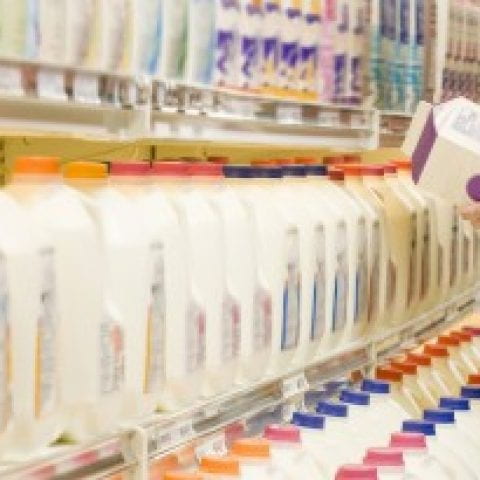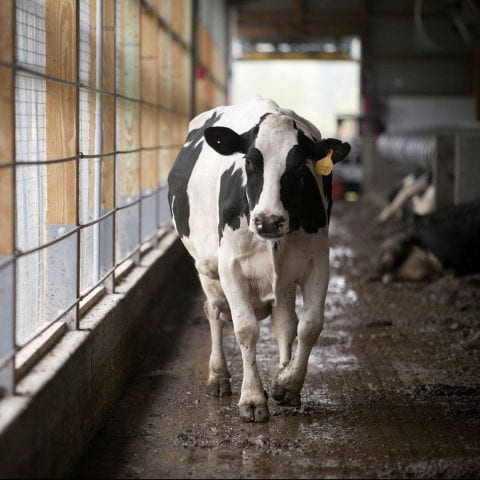News
Yingzheng (Jason) Wang and Misha Kazi, postdoctoral researchers at Cornell’s Weill Institute for Cell and Molecular Biology, have been named as recipients of the 2022 Sam and Nancy Fleming Research Fellowships Since 20...
A new study from the College of Veterinary Medicine explores how willing dairy consumers are to purchase milk made by cows only treated with antibiotics when medically necessary Too much antibiotic treatment in cows lead...
Consumers would be willing to buy milk from cows only treated with antibiotics when medically necessary – as long as the price isn’t much higher than conventional milk, according to researchers at the College of Vete...
Two Cornell startup companies – Halomine, Inc and Inso Biosciences, Inc – have received nearly $3 million in New York state grants to thwart future outbreaks of infectious disease, including COVID-19 and its vari...
As more and more prescription drugs hit the market with eye-popping price tags, it can be difficult to know whether they’re worth it Some countries use a relatively straightforward cost-effectiveness analysis to decide...
The commercialization of a Cornell-created antimicrobial coating technology that keeps surfaces clean by extending the life of chlorine-based disinfectants – by days and even weeks – is being fast-tracked to determin...
The College of Veterinary Medicine (CVM) is getting in touch with its roots While CVM has long been a major recipient of biomedical research grant funding — ranking second in NIH grant annual award funding among vete...
The Cornell Atkinson Center for Sustainability Postdoctoral Fellowships provides a rich training environment for the next generation of sustainability scholars focused on increasing food security, reducing climate risks,...
New research from Cornell scientists is exploring how human genetics impacts functions of the gut microbiome, and is expanding awareness of the role human genetics plays in shaping the microbiome The trillions of individ...
Measuring how much antimicrobials are given to food animals is key to understanding how to slow antimicrobial resistance, when dangerous microbes get so used to antimicrobials that they evolve stronger defenses against t...




















